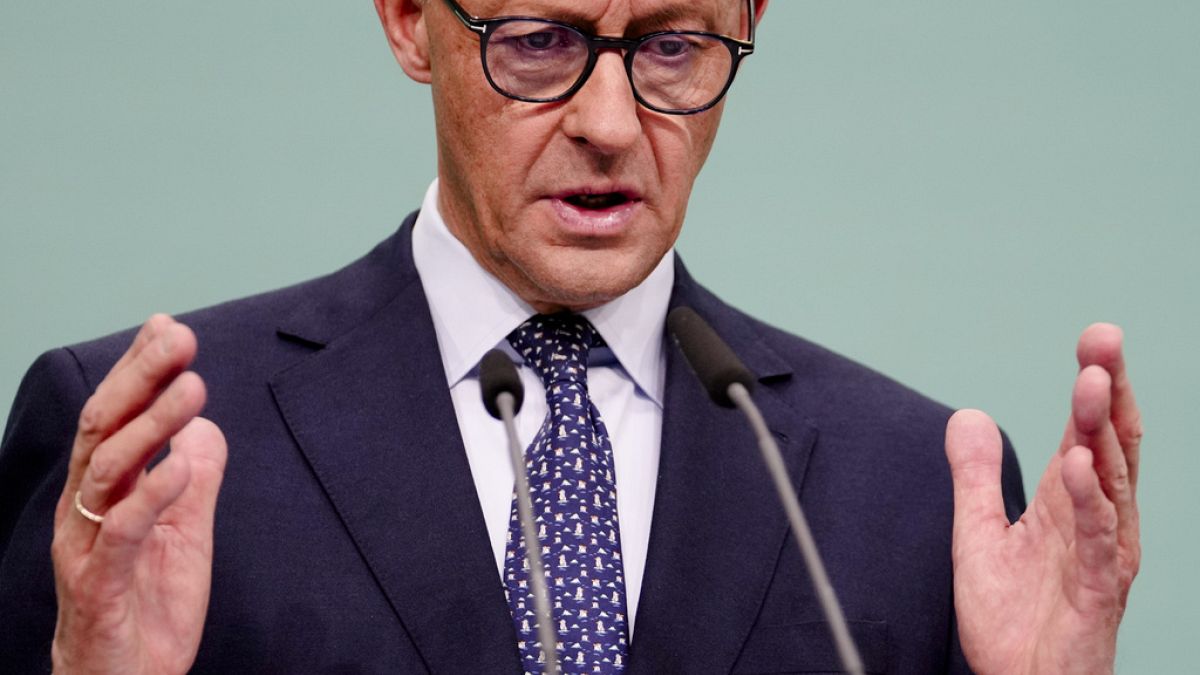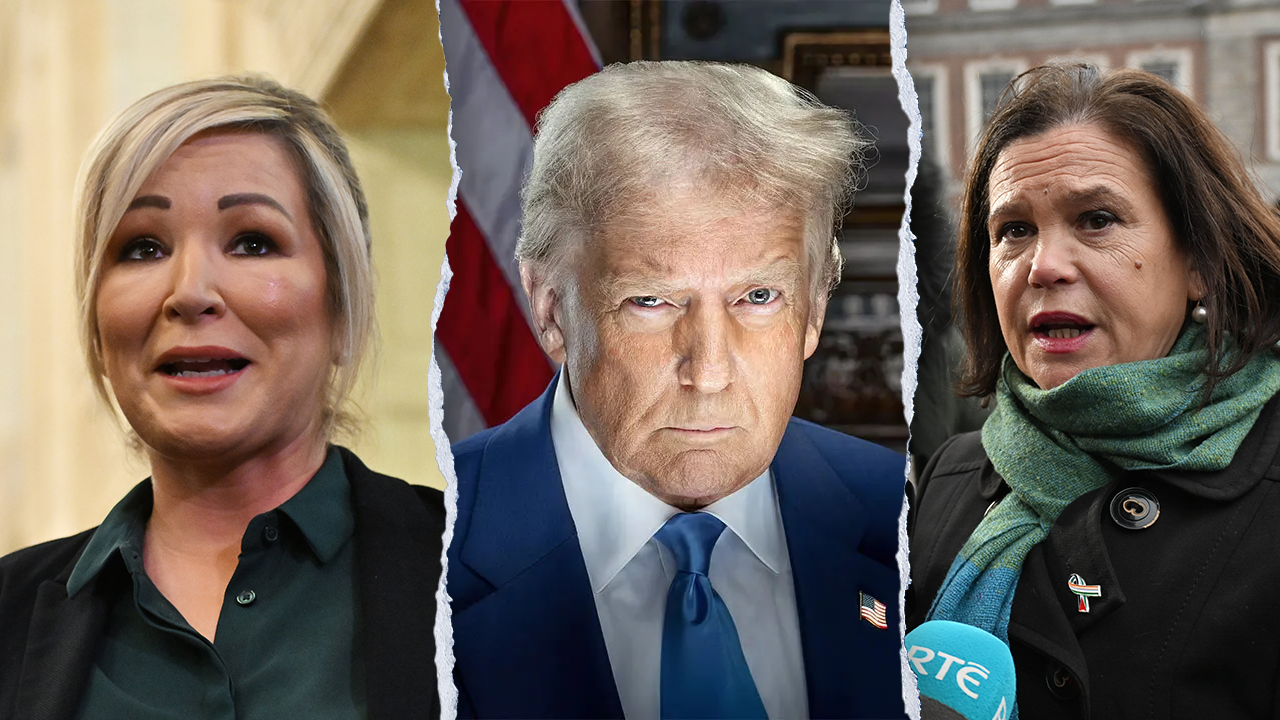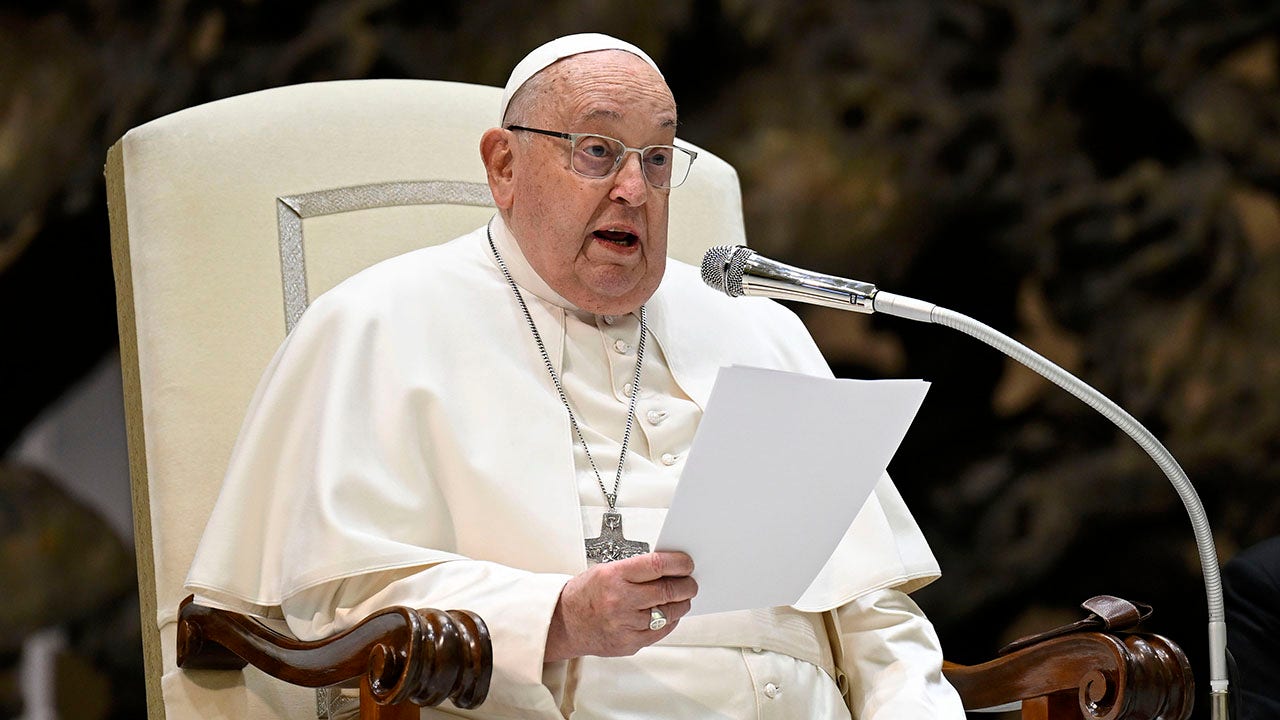The European Commission will conclude several investigations launched against Big Tech in the coming months. As US tech giants pressure the EU to retreat and align with laissez faire tone struck by the incoming Trump administration, we take stock of the ongoing probes.
The two-year anniversary of the introduction of the EU Digital Markets Act (DMA) – rules that aim to ensure fair competition in online platforms – is approaching, and with it come deadlines in outstanding probes into US tech giants Apple, Meta and Alphabet.
We look at the enforcement action the European Commission has taken up till now, and what to expect under the EU executive’s new mandate and the second administration of US President Donald Trump.
Incoming Trump administration
In September 2023 the Commission identified six gatekeepers under the Digital Markets Act: Alphabet, Amazon, Apple, ByteDance, Meta and Microsoft, who together account for 22 core platform services that fall under the scope of the rules. Last year, it added hotel renting website Booking.com to the list. They all had six months to comply with the rules.
Under the DMA, these companies need to ensure they offer more choice and more freedom to end users and business users.
However, the new Republican administration led by Donald Trump, which will be inaugurated on 20 January, is likely to pose new challenges for the Commission.
Some of the Big Tech CEOs have spoken out against stringent EU regulation, and changed some of their fact-checking and inclusion policies in the US. If those changes were to apply in the EU as well, that would raise questions about the compliance with the DMA’s sister-legislation, the Digital Services Act (DSA), which obliges platforms to tackle illegal content and protect minors online.
Meta CEO Mark Zuckerberg has sought to improve his relationships with the incoming president: following Trump’s election victory in November, Zuckerberg flew to Florida and dined with the Republican at his Mar-a-Lago club.
Earlier this month, Meta announced that it would replace Meta’s fact-checkers in the US with a “community notes” system similar to Elon Musk’s platform X.
EU Commission changes
Henna Virkkunen, the EU Commissioner for Tech Sovereignty, Security and Democracy, told a press conference last week that despite these developments, the Commission is “fully enforcing the regulations – both the DSA and the DMA – there have not been any delays.”
“Everyone doing business here needs to respect the rules. What we want to achieve is a fair and safe environment,” she added.
J. Scott Marcus, a researcher at the Brussels based think tank the Centre for European Policy Studies (CEPS), told Euronews that the change of US administration “will create far more political tensions relative to the DSA than it does for the DMA.”
“The Trump administration is likely to complain incessantly about the protections that DSA provides for, against dissemination of lies and disinformation into the EU. The DMA, by contrast, is largely a matter between the firms and the EU, and the US government is not as much involved,” he added.
On the EU-side, the situation has changed as well: the DMA was spearheaded by Margrethe Vestager, long-time EU competition chief who dealt with many high-profile competition cases, but will now be taken over by Spain’s Teresa Ribera, who has a background as a national energy minister.
Antitrust is just part of her portfolio, she is also in charge of climate and industry dossiers. Whether this will mean a change of course, remains to be seen.
Daniel Friedlaender, Senior Vice-President at tech lobby CCIA, said that the DMA process was “needlessly politicised, moving away from the intended goals and towards decisions by tweet.”
“If a review can help get back to the initial clear objectives, namely to increase contestability and fairness, then a pause for reflection can help,” he added.
Outstanding probes
The Commission started its first DMA probes last year. On 25 March, the EU executive opened non-compliance investigations into Alphabet – Google’s owner – Apple and Meta. In the meantime, the EU enforcer has sent preliminary findings to Apple and Meta.
Regarding Apple, the investigation found in June that the App Store rules were in breach of the DMA as they prevent app developers from freely steering consumers to alternative channels for offers and content.
Concerning Meta, the Commission considered in July that its binary decision to force citizens to either pay or give up their data to use the service does not comply with the DMA.
After receiving the findings, gatekeepers can defend themselves and reply in writing. The Commission has 12 months starting from the opening of the proceedings to adopt a non-compliance decision. In case of an infringement, the gatekeepers risk fines up to 10% of their total worldwide turnover and up to 20% in case of repeated infringements.
The other investigations launched in March 2024 concern Alphabet’s rules on steering in Google Play, whether Alphabet favours its own services such as Google shopping in search results on its search engine and whether Apple’s measures prevent users from freely choosing browsers outside Apple’s ecosystem.
The Commission has also said that it has started gathering information to clarify whether Amazon may be preferencing its own brand products on the Amazon Store.
A third non compliance investigation aimed at Apple was also opened in June into the tech giant’s new contractual terms for developers to access alternative app stores and the possibility to offer an app via an alternative distribution channel.
A Commission spokesperson said last week that the technical phase of those investigations were still ongoing, adding “we need to be sure we win those cases in court, we need to be strong enough.”
Read the full article here

















